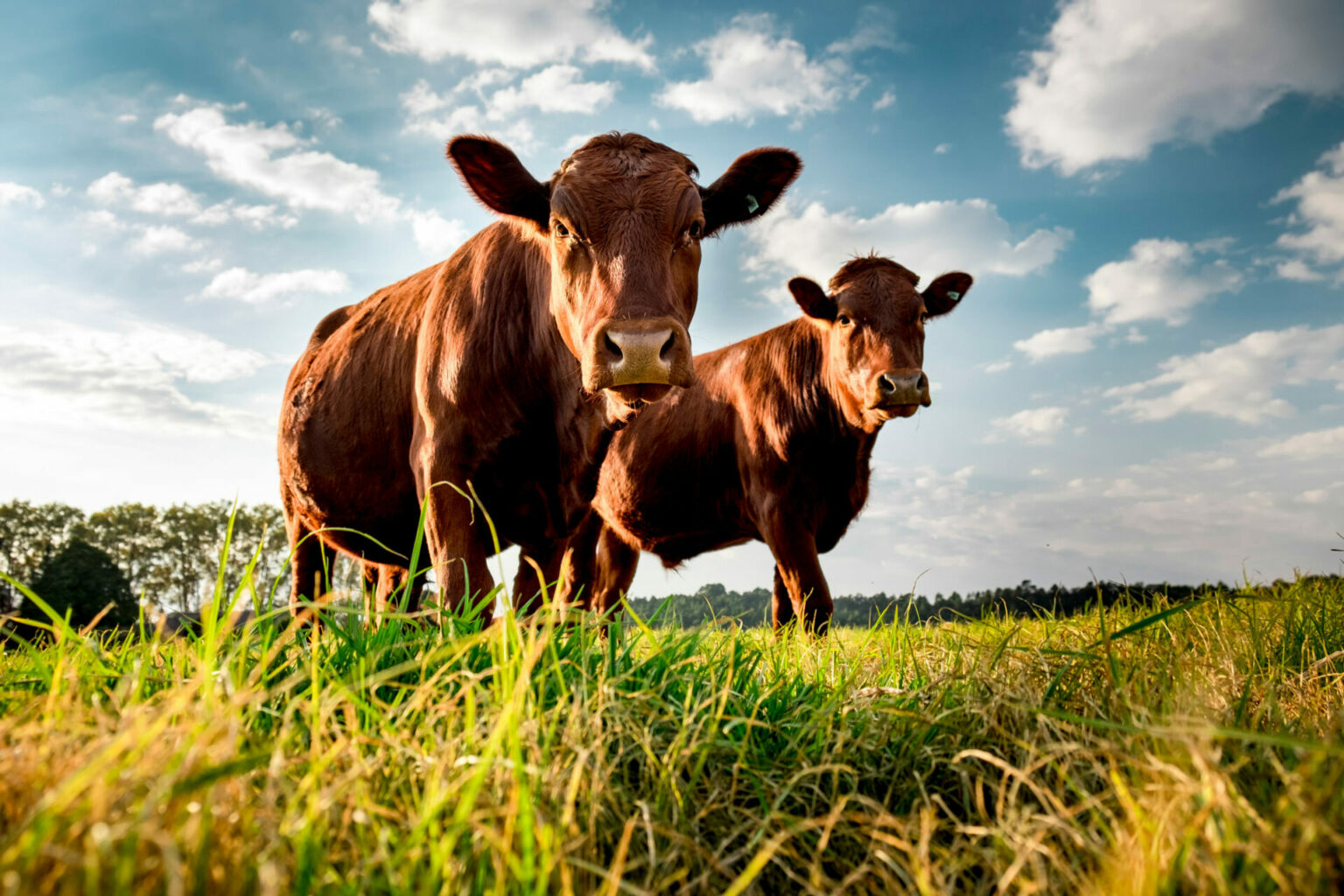
US Banks ‘Sabotaging’ Climate Targets
By Financing Meat and Dairy Corporations
Cristen Hemingway Jaynes / EcoWatch
(April 7, 2024) — Research for the report, Bull in the Climate Shop: Industrial livestock financing sabotages major US banks’ climate commitments, was conducted by US environmental nonprofit Friends of the Earth and Profundo, a research group based in the Netherlands.
From 2016 to 2023, $134 billion in loans and underwriting was provided to meat, dairy, food processing, animal feed and agri-commodity corporations by 58 US banks, according to the report. More than 50 percent of the financing the researchers investigated came from three major lenders: Bank of America, JPMorgan Chase and Citigroup, a press release from Friends of the Earth said.
“Since 2021, banks across the globe have pledged to slash financed and facilitated emissions. As signatories to the Net Zero Banking Alliance, US banks — including Bank of America, Citigroup, and JPMorgan Chase — committed to ‘transition the operational and attributable greenhouse gas (GHG) emissions from their lending and investment portfolios to align with pathways to net zero by 2050 or sooner,’” the report said. “To meet these commitments, major US banks have prioritized reducing GHG emissions from fossil fuel related financing and yet, year over year, they have continued to finance the sector. These banks also continue to finance high-emitting industrial livestock production.”
Of the total greenhouse gas emissions associated with the banks’ financing, 11 percent was from lending to meat, dairy and animal feed corporations, even though the companies make up only a small portion of the banks’ portfolios — 0.25 percent. This means the financing represents a disproportionate barrier to banks achieving their climate targets.
“Banks have committed to pathways to net zero, but they are ignoring a huge ‘cow-shaped hole’ in their plans,” said Monique Mikhail, the study’s lead author and director of the Agriculture & Climate Finance program at Friends of the Earth, in the press release. “Big Meat & Dairy exerts a vastly disproportionate impact on the banks’ total emissions, putting their own stated climate commitments at risk.”
The report’s recommendations for the banks included stopping all new financing that supports the growth of industrial livestock production and requiring that meat, dairy and feed corporations disclose verified 1.5-degrees Celsius goals and action plans for third-parties that are in agreement with the Intergovernmental Panel on Climate Change or a comparable science-based pathway.
“Our research finds that by eliminating their financing of high-emitting corporations involved in meat, dairy, and feed production — a relatively small change in how they allocate their capital — these big banks can affect a sharp emissions reduction,” said co-author of the study Ward Warmerdam, Profundo’s senior financial researcher, in the press release. “According to our research, defunding industrial livestock production is one of the most climate-positive choices these banks could make.”

The study found that the 56 largest meat, dairy and feed production corporations examined in the study generated more carbon-equivalent emissions annually than Japan — the eighth biggest emitter in the world.
Banks in the US financed and facilitated the equivalent of 69.6 million tons of carbon dioxide emissions in 2022 through their lending and underwriting of corporations involved in meat, dairy, food processing, animal feed and agri-commodities. That is roughly equal to 14 million cars being on the road for a year — the same as all the registered cars in California.
The lending and underwriting of Bank of America, JPMorgan Chase and Citigroup alone have resulted in 26.9 million tons of carbon emissions.
“Methane impact is worse for warming than CO2: Up to 70% of the 58 US banks’ total meat and dairy related financed and facilitated emissions are methane (using GWP20), which has 80X the warming potential of carbon dioxide. This means reducing methane will have an outsized impact on portfolio emissions,” Friends of the Earth said.
The researchers found that actual emissions from the corporations may be as much as four times higher than the reported numbers.

“Meat, dairy and feed corporations omit or understate their emissions by millions of tons a year, masking their impact on US banks’ Scope 3 totals,” the press release said. “More than half of the corporations assessed in the study do not report emissions at all, and only 22% disclose Scope 3 (value chain) emissions. Scope 3 emissions account for up to 90% of agribusiness corporations’ total carbon footprint.”
Nestlé, Cargill and Bunge made up most of the financed emissions, while underwriting of global food giant JBS by Bank of America accounted for the majority — 87 percent — of meat and dairy corporations’ facilitated methane emissions.
“We weren’t expecting to see the banks sabotaging their own climate commitments to this level,” Mikhail said, as The Guardian reported.
Posted in accordance with Title 17, Section 107, US Code, for noncommercial, educational purposes.